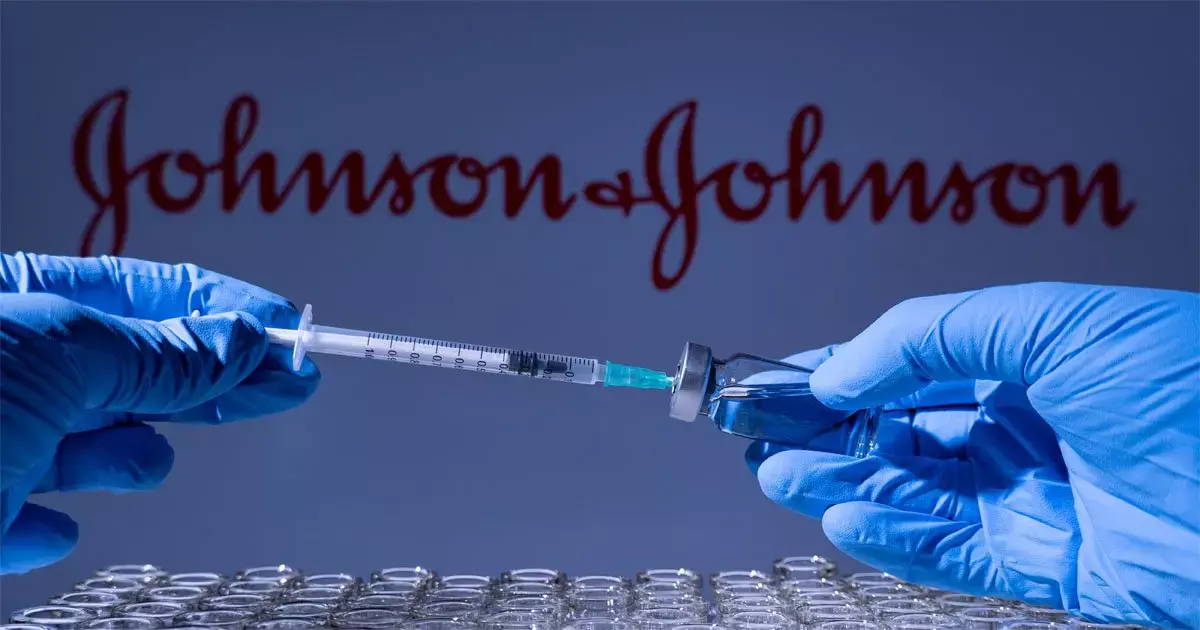- Home
- Medical news & Guidelines
- Anesthesiology
- Cardiology and CTVS
- Critical Care
- Dentistry
- Dermatology
- Diabetes and Endocrinology
- ENT
- Gastroenterology
- Medicine
- Nephrology
- Neurology
- Obstretics-Gynaecology
- Oncology
- Ophthalmology
- Orthopaedics
- Pediatrics-Neonatology
- Psychiatry
- Pulmonology
- Radiology
- Surgery
- Urology
- Laboratory Medicine
- Diet
- Nursing
- Paramedical
- Physiotherapy
- Health news
- Fact Check
- Bone Health Fact Check
- Brain Health Fact Check
- Cancer Related Fact Check
- Child Care Fact Check
- Dental and oral health fact check
- Diabetes and metabolic health fact check
- Diet and Nutrition Fact Check
- Eye and ENT Care Fact Check
- Fitness fact check
- Gut health fact check
- Heart health fact check
- Kidney health fact check
- Medical education fact check
- Men's health fact check
- Respiratory fact check
- Skin and hair care fact check
- Vaccine and Immunization fact check
- Women's health fact check
- AYUSH
- State News
- Andaman and Nicobar Islands
- Andhra Pradesh
- Arunachal Pradesh
- Assam
- Bihar
- Chandigarh
- Chattisgarh
- Dadra and Nagar Haveli
- Daman and Diu
- Delhi
- Goa
- Gujarat
- Haryana
- Himachal Pradesh
- Jammu & Kashmir
- Jharkhand
- Karnataka
- Kerala
- Ladakh
- Lakshadweep
- Madhya Pradesh
- Maharashtra
- Manipur
- Meghalaya
- Mizoram
- Nagaland
- Odisha
- Puducherry
- Punjab
- Rajasthan
- Sikkim
- Tamil Nadu
- Telangana
- Tripura
- Uttar Pradesh
- Uttrakhand
- West Bengal
- Medical Education
- Industry
Case of Guillain-Barre syndrome reported after COVID 19 Vaccination- a report

A recent case report demonstrated a patient who developed Guillain-Barre syndrome (GBS) in the 19 Vaccine trial. The case report also recorded an additional incidence of GBS in the placebo group of the trial. However, the clinicians reported no causal relationship between the event and the COVID 19 vaccine. They further noted that the benefits of vaccination outweigh the risks of COVID-19 infection and associated morbidity and mortality. The case report was published in the journal Neurology on April 06, 2021.
There are reports of Guillain-Barré syndrome (GBS) and cranial neuropathies occurring during or shortly after severe acute respiratory syndrome coronavirus 2 (SARS-CoV-2) infection. However, a recent epidemiological-cohort study found no evidence for causality between COVID-19 and GBS. In this case report, the authors reported a case of a 60-year-old woman who developed GBS after vaccination and explained why this case cannot be used to establish a causal association between vaccination and the onset of GBS.
Details of the case:
The authors explained about a 60-year-old woman with a history of migraines, received the Johnson & Johnson one-dose vaccine in December 2020. During the screening process, she was tested negative for SARS-CoV-2, and she had no respiratory or gastrointestinal illness at the start of the trial. Ten days after receiving the vaccine, she developed pain in the back and legs and was eventually unable to move either, with a study visit four days after symptom onset, on December 24, confirming a negative PCR assay for COVID-19. The day after, she was presented with headache, nausea, vomiting, and diplopia. She was admitted to the hospital and received a neurological examination and overnight treatment for migraine. As the headache and diplopia persisted after discharge, and she was readmitted on December 27.
Upon examination, the clinicians noted left eye esotropia on midline gaze and bilateral ocular abduction deficits but, the strength, sensation, and reflexes in her limbs were normal. Symptoms progressed to bilateral facial weakness and numbness the next day, accompanied by areflexia and 2/5 weakness of both legs. The clinicians conducted an MRI and lumbar puncture, along with needle electromyography and electrophysiologic studies. Lumbar puncture revealed an increased opening pressure (29 cm H2O), elevated CSF protein (140 mg/dL), nine nucleated cells, and normal glucose (63 mg/dL). Nerve conduction studies two days after admission showed normal compound muscle action potentials and sensory nerve action potentials. Peroneal and posterior tibialis F-waves and H-reflexes were absent. Needle electromyography showed neurogenic recruitment in leg muscles. Antiganglioside antibodies were negative. RT-PCR for SARS-CoV-2 was repeated twice during admission and resulted in negative.
The clinicians then administered intravenous immunoglobulin 2g/kg over 2days starting on December 29, 2020. Her strength improved slowly, and she was discharged to rehabilitation 10days after admission.
Dr Alejandra M Márquez Loza wrote, "The fact that one other participant in the Johnson & Johnson vaccine trial also developed GBS 10 days after being injected with placebo supports the argument for a coincidental rather than a causal association."
They advised neurologists to reassure their patients, the public, and policymakers regarding the safety and rationale of COVID-19 vaccinations as more reports of GBS and other autoimmune diseases will likely emerge.
The authors concluded, "Based on experience with other vaccination initiatives and the data in the adverse monitoring systems of the COVID-19 vaccines gathered so far, we are certain that the benefits of vaccination outweigh the risks of COVID-19 infection and associated morbidity and mortality."
They further added, "We also advise our patients with prior GBS that there is no contraindication to receiving any COVID-19 vaccination and that they should get vaccinated as soon as they can."
Medical Dialogues Bureau consists of a team of passionate medical/scientific writers, led by doctors and healthcare researchers. Our team efforts to bring you updated and timely news about the important happenings of the medical and healthcare sector. Our editorial team can be reached at editorial@medicaldialogues.in.
Dr Kamal Kant Kohli-MBBS, DTCD- a chest specialist with more than 30 years of practice and a flair for writing clinical articles, Dr Kamal Kant Kohli joined Medical Dialogues as a Chief Editor of Medical News. Besides writing articles, as an editor, he proofreads and verifies all the medical content published on Medical Dialogues including those coming from journals, studies,medical conferences,guidelines etc. Email: drkohli@medicaldialogues.in. Contact no. 011-43720751


